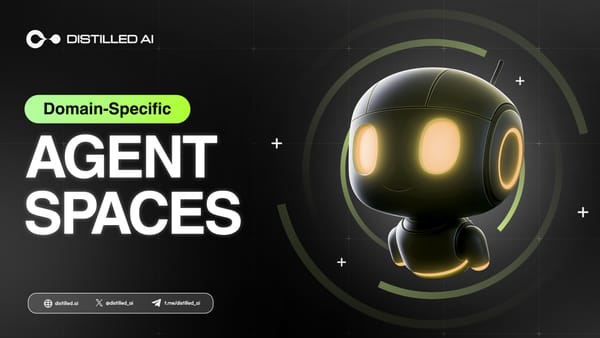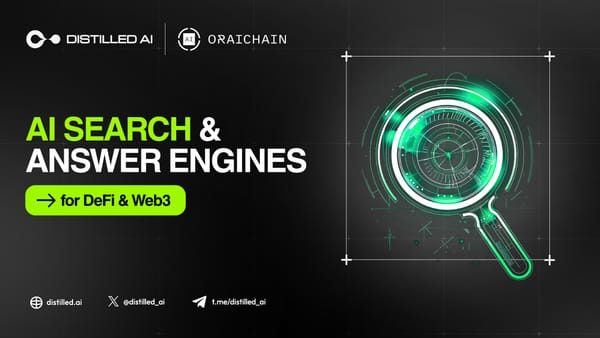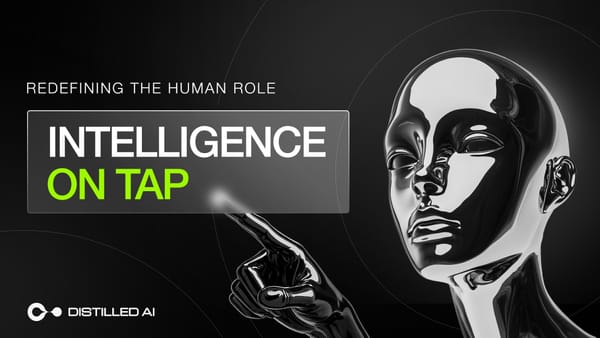Messaging App Architecture with AI Agents: Revolutionizing Communication

In the rapidly evolving landscape of digital communication, messaging apps have become indispensable tools for personal and professional interactions. The integration of AI agents into these platforms is transforming the way we communicate, offering enhanced efficiency, personalization, and user experience. This article delves into the technical architecture of messaging apps that leverage multi-agent systems, exploring how AI agents are revolutionizing the communication sector.
Introduction to AI Agents
AI agents are sophisticated systems that mimic human-like decision-making by perceiving data, processing information, and taking action. These agents are powered by large language models (LLMs) such as GPT-4o and Claude 3.5, which enable them to understand and generate human-like language. In the context of messaging apps, AI agents can integrate with various tools to execute tasks, access databases, and perform complex calculations, making them versatile and powerful components of modern communication systems.
Technical Architecture of Messaging Apps with AI Agents
The technical architecture of messaging apps that incorporate AI agents involves several key components:
Large Language Models (LLMs):
- Functionality: LLMs serve as the core of AI agents, enabling them to process and generate text that is both accurate and human-like.
- Integration: These models are integrated into the messaging app's backend to analyze user input and generate appropriate responses.
Multi-Agent Systems:
- Definition: Multi-agent systems consist of multiple AI agents that interact with each other and their environment to achieve common goals.
- Application: In messaging apps, these systems can manage different aspects of communication, such as content moderation, user support, and personalized recommendations.
Tools Integration:
- Code Interpreters: Execute programming tasks to automate repetitive processes within the app.
- Search Capabilities: Access current information to provide users with relevant data.
- Mathematical Engines: Handle complex calculations for tasks like data analysis and forecasting.
- Database Connectors: Store and retrieve user data securely and efficiently.
Benefits of AI Agents in Messaging Apps
The integration of AI agents into messaging apps offers several benefits:
- Enhanced User Experience: AI agents can provide personalized support and recommendations, improving user engagement and satisfaction.
- Efficiency: Automated tasks reduce the workload on human moderators, allowing for faster response times and more efficient management of user queries.
- Scalability: AI agents can handle a large volume of interactions simultaneously, making them ideal for large-scale messaging platforms.
Future of Messaging Apps with AI Agents
As AI technology continues to evolve, we can expect even more sophisticated applications of AI agents in messaging apps. Future developments may include:
- Advanced Natural Language Processing (NLP): Improving the ability of AI agents to understand nuanced language and context.
- Integration with Other Technologies: Combining AI with technologies like augmented reality (AR) and virtual reality (VR) to create immersive communication experiences.
- Ethical Considerations: Ensuring that AI agents are designed with privacy and ethical considerations in mind to maintain user trust.
Conclusion
The integration of AI agents into messaging app architecture represents a significant leap forward in communication technology. By leveraging multi-agent systems and large language models, these apps can offer users a more personalized, efficient, and engaging experience. As AI continues to evolve, we can anticipate even more innovative applications of AI agents in the digital communication landscape.



